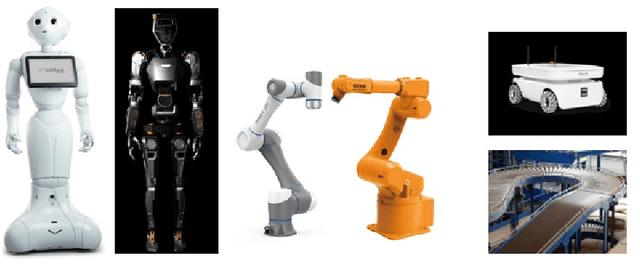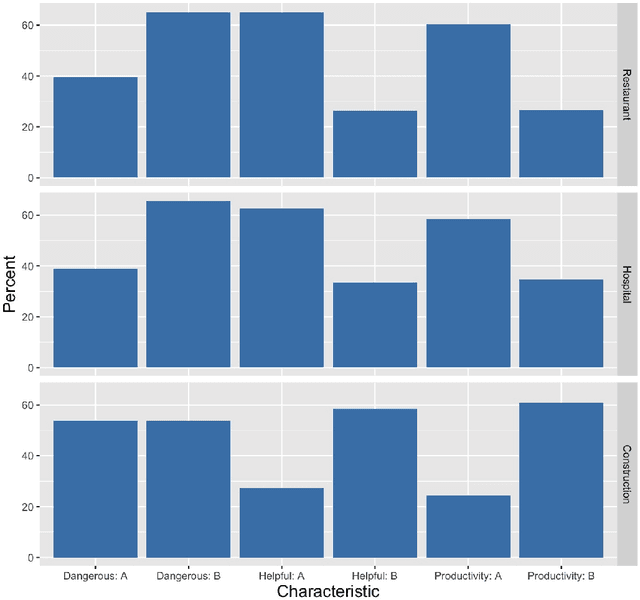Automation from the Worker's Perspective
Paper and Code
Sep 30, 2024



Common narratives about automation often pit new technologies against workers. The introduction of advanced machine tools, industrial robots, and AI have all been met with concern that technological progress will mean fewer jobs. However, workers themselves offer a more optimistic, nuanced perspective. Drawing on a far-reaching 2024 survey of more than 9,000 workers across nine countries, this paper finds that more workers report potential benefits from new technologies like robots and AI for their safety and comfort at work, their pay, and their autonomy on the job than report potential costs. Workers with jobs that ask them to solve complex problems, workers who feel valued by their employers, and workers who are motivated to move up in their careers are all more likely to see new technologies as beneficial. In contrast to assumptions in previous research, more formal education is in some cases associated with more negative attitudes toward automation and its impact on work. In an experimental setting, the prospect of financial incentives for workers improve their perceptions of automation technologies, whereas the prospect of increased input about how new technologies are used does not have a significant effect on workers' attitudes toward automation.
 Add to Chrome
Add to Chrome Add to Firefox
Add to Firefox Add to Edge
Add to Edge